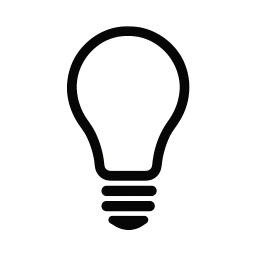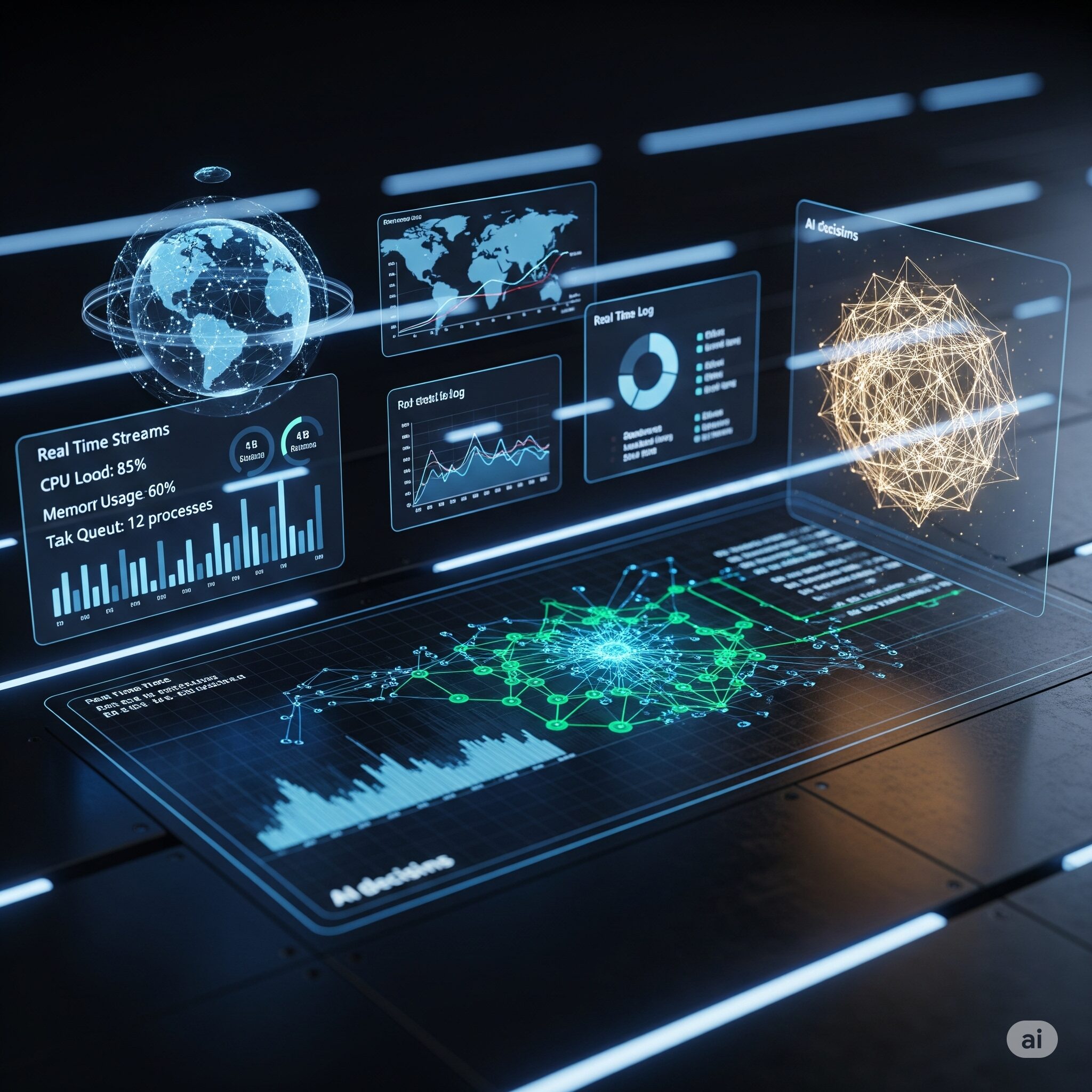AI Innovation Through Unified Engineering
On July 29, 2025, Elon Musk announced on X that xAI would eliminate the “researcher” title, labeling all technical staff as “engineers” to dismantle what he called a “two-tier engineering system.” This move, rooted in Musk’s experience at SpaceX, signals a bold shift toward prioritizing practical, results-driven AI innovation over academic-style hierarchies. But what does this mean for xAI’s culture, innovation pipeline, and the broader AI industry? This article explores the implications of Musk’s decision, weighing its potential to streamline AI innovation against risks to foundational research and safety.
The Philosophy Behind the Change
Musk’s decision reflects his long-standing belief that practical engineering trumps theoretical research in driving breakthroughs. At SpaceX, this approach led to the Falcon 9, which a 2023 National Academy of Engineering study credited with reducing launch costs by 40% through reusable rocket technology. By applying this mindset to xAI, Musk aims to eliminate what he calls “pretentious, low-accountability” researcher roles, aligning with a 2021 Nature survey where 68% of AI researchers admitted their work lacked real-world impact. Flattening titles could foster a culture of accountability, where every team member is focused on tangible AI innovation, potentially accelerating xAI’s mission to advance human scientific discovery.
This false nomenclature of “researcher” and “engineer”, which is a thinly-masked way of describing a two-tier engineering system, is being deleted from @xAI today.
— Elon Musk (@elonmusk) July 29, 2025
There are only engineers.
Researcher is a relic term from academia. https://t.co/yNZSdVXGhY
Cultural and Operational Impacts
The shift to a singular “engineer” title could reshape xAI’s workplace dynamics. By removing the academic-industrial divide, xAI may attract talent prioritizing impact over prestige, fostering collaboration across teams. This mirrors trends at competitors like OpenAI and Anthropic, which have increasingly blurred researcher-engineer lines to speed up development. However, the move risks alienating researchers who value academic rigor, potentially leading to talent retention challenges. A 2024 LinkedIn analysis of AI hiring trends noted that 45% of AI PhDs prefer roles with clear research autonomy, suggesting xAI’s new structure could deter some top talent.
Operationally, the title purge aligns with xAI’s recent $12 billion debt and equity raise, reported by Reuters on July 23, 2025. The funds signal a push for rapid scaling, likely requiring streamlined processes and a focus on deployable AI systems. The timing also coincides with xAI’s $200 million Pentagon contract, secured alongside OpenAI, highlighting the competitive pressure to deliver practical AI innovation. By unifying roles, xAI could optimize resource allocation, ensuring engineers focus on high-impact projects like real-time AI reasoning or defense applications.
Risks to Long-Term Innovation and Safety
While Musk’s approach may boost short-term efficiency, critics warn it could undermine foundational AI research. A July 16, 2025, TechCrunch article raised concerns about xAI’s “reckless” safety culture, citing insiders who feared that prioritizing speed over rigorous testing could lead to flawed AI systems. Foundational research, often led by “researchers,” is critical for addressing long-term challenges like AI alignment and ethical deployment. By de-emphasizing this role, xAI risks sidelining efforts that don’t yield immediate results but are essential for sustainable AI innovation. For instance, DeepMind’s 2024 breakthrough in safe AI reasoning relied heavily on dedicated research teams, a model xAI may struggle to replicate under its new structure.
Industry-Wide Implications
Musk’s move could set a precedent for the AI industry, where title hierarchies often reflect academic legacies rather than modern demands. If successful, xAI’s engineering-driven model might pressure rivals to adopt similar structures, reshaping talent markets and development priorities. However, it also raises questions about balancing speed with responsibility in an industry facing increasing regulatory scrutiny. A 2025 IEEE report noted that 72% of AI ethicists believe rushed development cycles contribute to systemic risks, suggesting xAI’s gamble could amplify industry-wide tensions.
Driving AI Innovation: A Bold but Risky Bet
Elon Musk’s decision to eliminate the “researcher” title at xAI is a strategic bet on engineering-driven AI innovation to outpace competitors like OpenAI. By fostering a culture of accountability and practical focus, xAI could redefine AI development, leveraging its recent funding and contracts to deliver transformative technologies. Yet, the move risks sidelining foundational research and safety, potentially at the cost of long-term stability. As xAI navigates this bold experiment, the AI industry will be watching closely, weighing whether Musk’s vision heralds a new era of AI innovation or a cautionary tale of overreach.








Leave a Reply